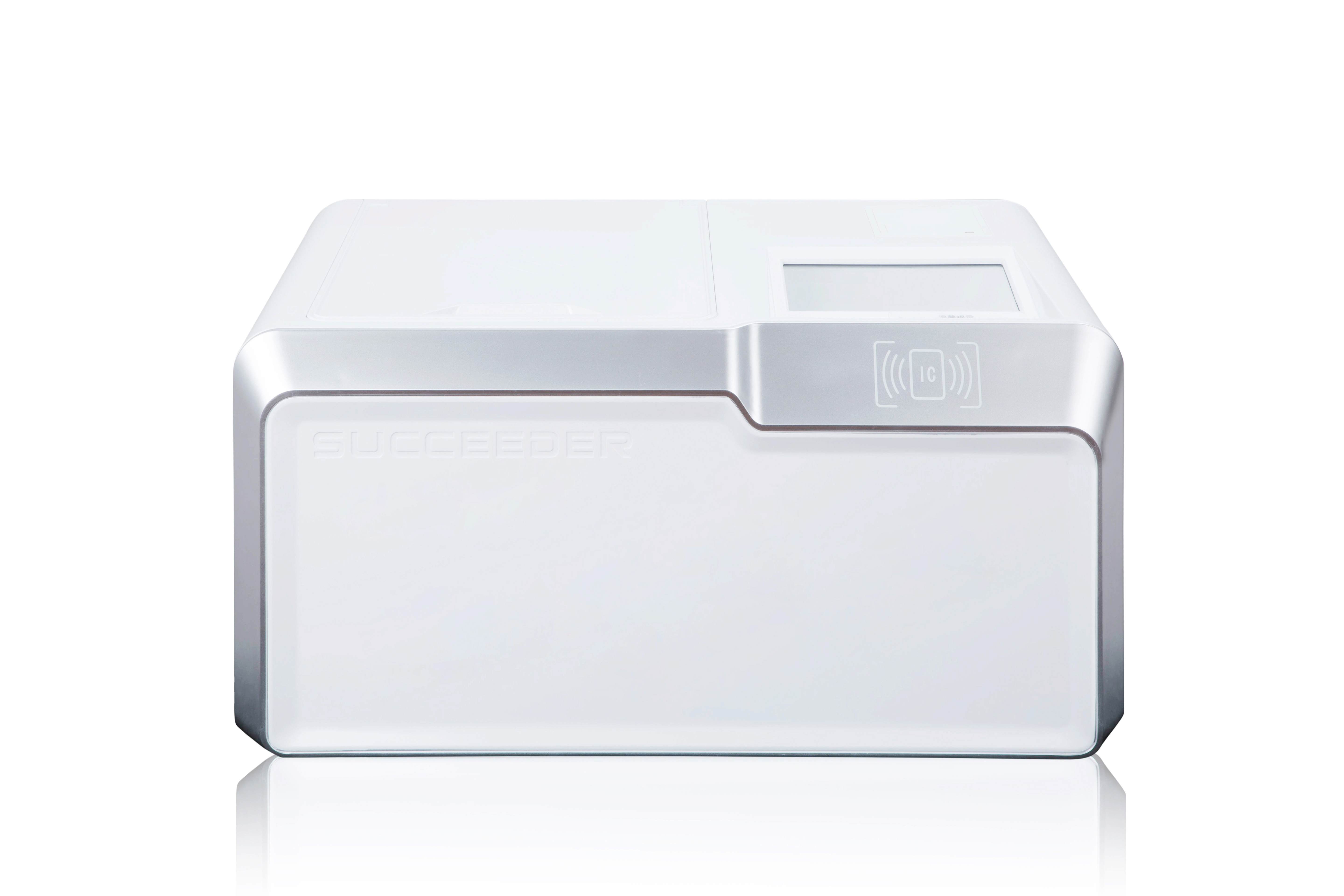Coagulation test refers to the hemagglutination test of red blood cells. It can use known antigens to determine respiratory infectious diseases such as viruses and parasites, and use DNA to determine autoimmune respiratory diseases. It is mainly divided into direct hemagglutination test and indirect hemagglutination test.
1. Direct hemagglutination test of red blood cells: After the specimen to be tested comes into contact with red blood cells, agglutination occurs directly. For example, the pharyngeal fluid of influenza patients or the serum of infectious mononucleosis patients can directly agglutinate red blood cells to help diagnosis.
2. Indirect hemagglutination test of red blood cells: Red blood cells are first sensitized with known antigens, and then the serum to be tested is added. If there are antibodies to the known antigen in the serum, the red blood cells will agglutinate. For example, antigen-sensitized red blood cells made of schistosome hairs and eggs, or sensitized red blood cells with DNA (DNA), can be used to determine whether the patient has schistosomiasis, and can also be used to determine autoimmune respiratory diseases.
The red blood cell agglutination test is a method for examining agglutination reactions. It takes a certain amount of time for the corresponding antibodies to be produced in the serum after contracting the disease. Therefore, the test can be performed in the early stage of the disease, during the course of the disease, and in the recovery period. This can improve the positive rate of diagnosis and understand the corresponding changes in the disease.
Beijing SUCCEEDER as one of the leading brands in China Diagnostic market of Thrombosis and Hemostasis, SUCCEEDER has experienced teams of R&D,Production, Marketing Sales and Service Supplying coagulation analyzers and reagents, blood rheology analyzers, ESR and HCT analyzers, platelet aggregation analyzers with ISO13485, CE Certification and FDA listed.



 Business card
Business card Chinese WeChat
Chinese WeChat English WeChat
English WeChat